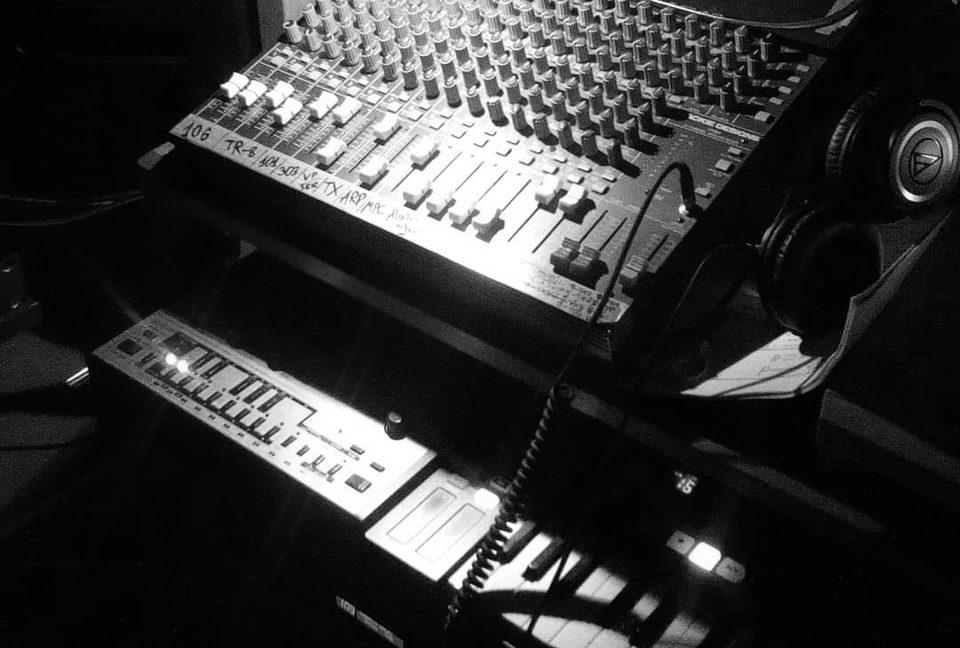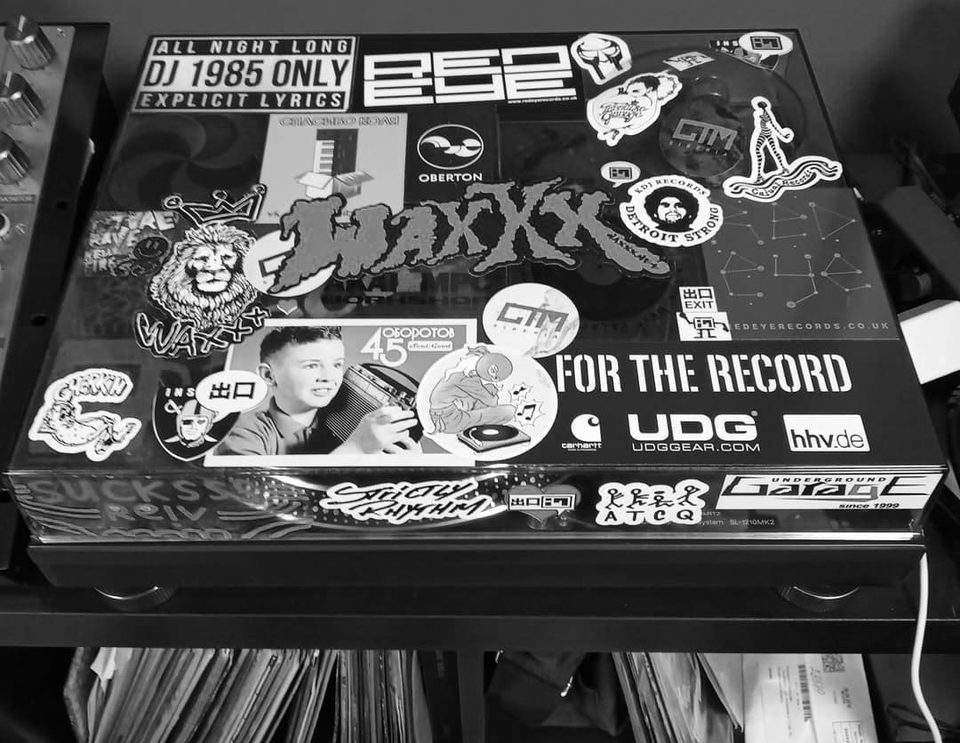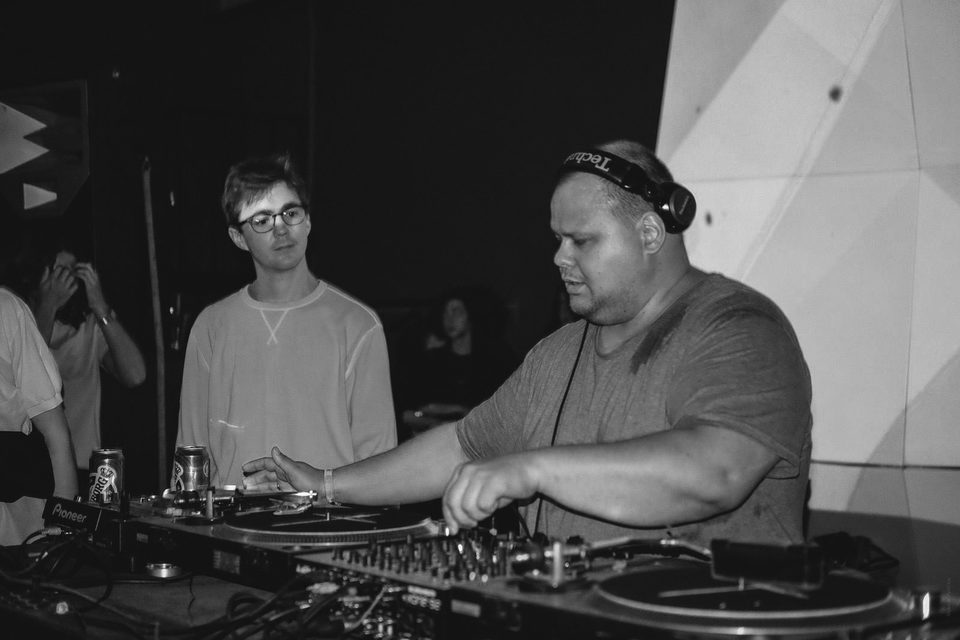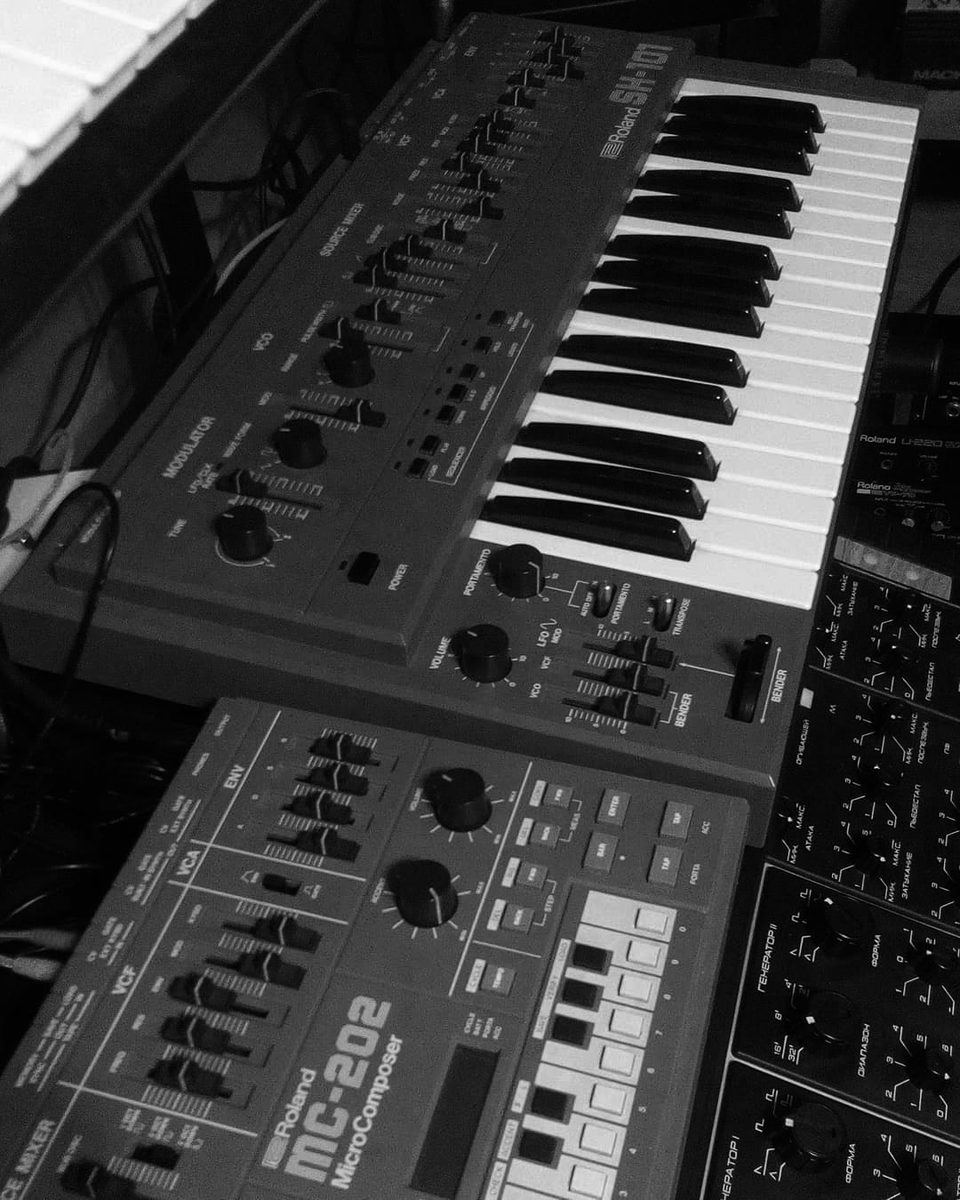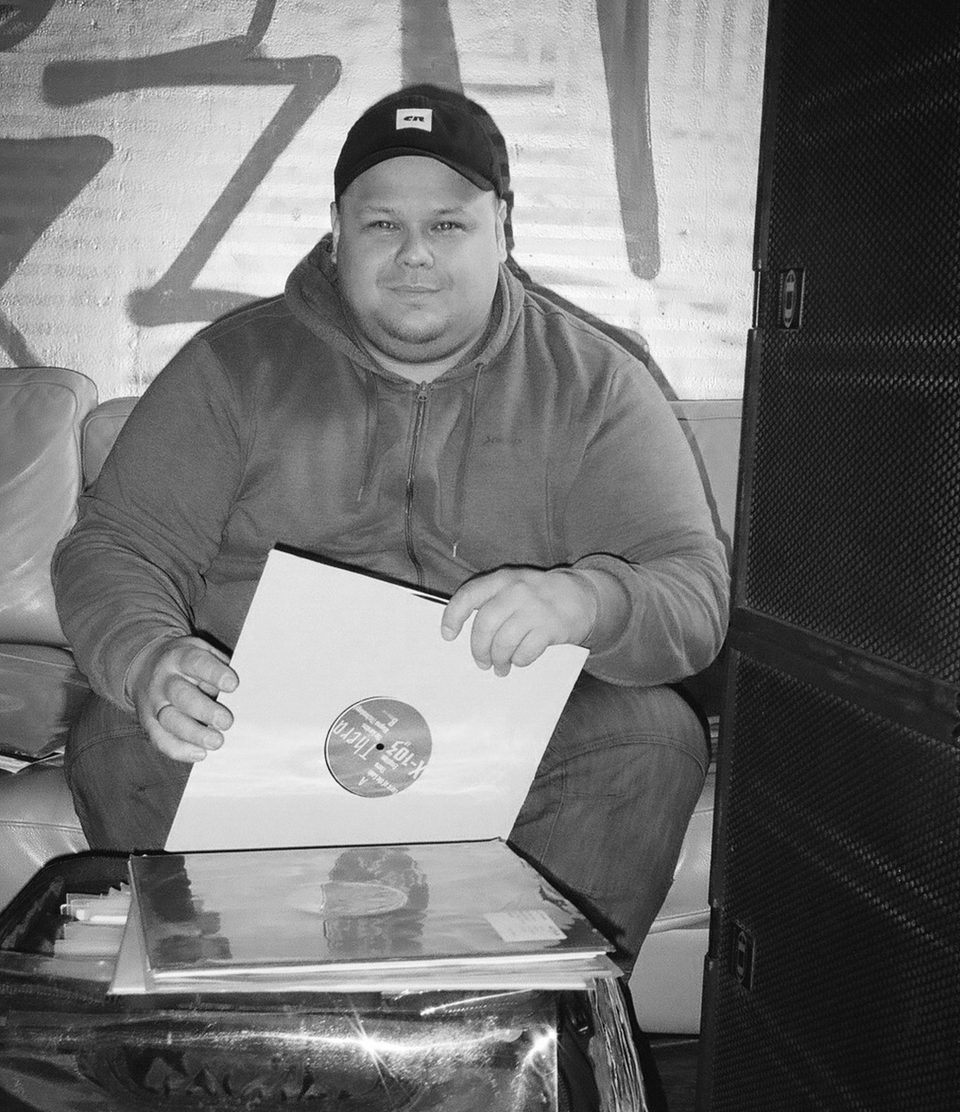28.09.20
interview: ivan merkulov
05.08.20
андрей дергачев: заметки о звуке. пространственная обработка
07.06.20
interview: kije
10.05.20
interview: dj1985
02.05.20
interview: vera vishnevaya
26.04.20
interview: omma
19.04.20
andrey dergachev. notes on sound
19.04.20
андрей дергачев: заметки о звуке
12.04.20
interview: .noa
02.02.20
acoustic|event: минимум
26.01.20
acoustic|doc: seven sisters muzik
04.11.19
acoustic|doc: christian s
31.07.19
acoustic treatment launches soundcloud
26.07.19
acoustic treatment at forma fest
01.05.19
acoustic treatment at urvakan festival

10.05.20
interview: dj1985
